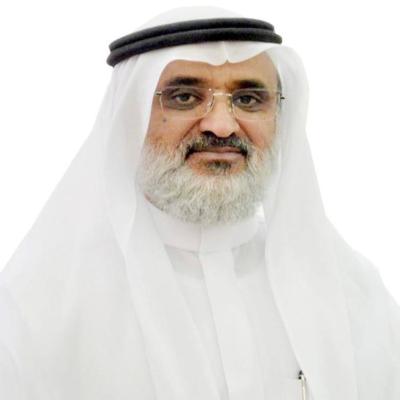
Professor Ali Saeed AlQahtani
The Dean of the College of Medicine at King Khalid University, Prof. Ali bin Saeed Al-Qahtani, recently obtained a patent from the US Patent Office. The invention consists of a device to prevent the obstruction of the posterior nostrils, control nosebleeds, and prevent adhesions, caused by surgeries, by an internal post-operative nasal support.
Al-Qahtani explained that the patent was obtained after developing the invention and improving its use. Similarly, he had previously obtained a patent in the same field from King Abdulaziz City for Science and Technology (Patent Department) in 2007, as well as a patent from the British Patent Office in 2003 for his medical invention, which is a device to prevent blockage of the posterior nostrils for newborns.
The latest invention consists of two parallel tubes made of rubber silicone material, with a metal wire made of stainless steel embedded in its wall. The tubes are connected from the back with a flat strip of the same material - rubber silicone – and near the front of each tube, there are two opposite holes. The two tubes are joined by means of a bridge forming from a tube made of plastic, both ends of which meet the hole on the inner side of the front of the silicone rubber tube, that is to let a hard thread pass inside the tube and hold the tube with the knot of the thread at the front. There is also a flexible plastic piece attached to the back of the bridge in order to protect the front of the nose from pressure. Further, small and large, posterior and anterior, balloons were added to control nosebleeds and prevent adhesions after surgeries. They also shorten a lot of the operation time and contribute to saving the lives of newborns by preventing suffocation.
The invention has many features, most important of which is the existence of a simple, new and developed tube, which is easily manufactured and marketed, in addition to its readiness for use. It is also available in different sizes and supported by spiral wire to resist tissue pressure. Moreover, the invention expands with body temperature to prevent blockage. The invention also has a plastic piece attached to the bridge to prevent pressure on the front of the nose. It is confirmed that the material used in the tube is selected and approved for human use.
It is worth noting that Professor Al-Qahtani registered the invention in the name of the university, as he is the holder of five previous patents, the author of 10 books in his field, and one of those interested in quality in higher education.